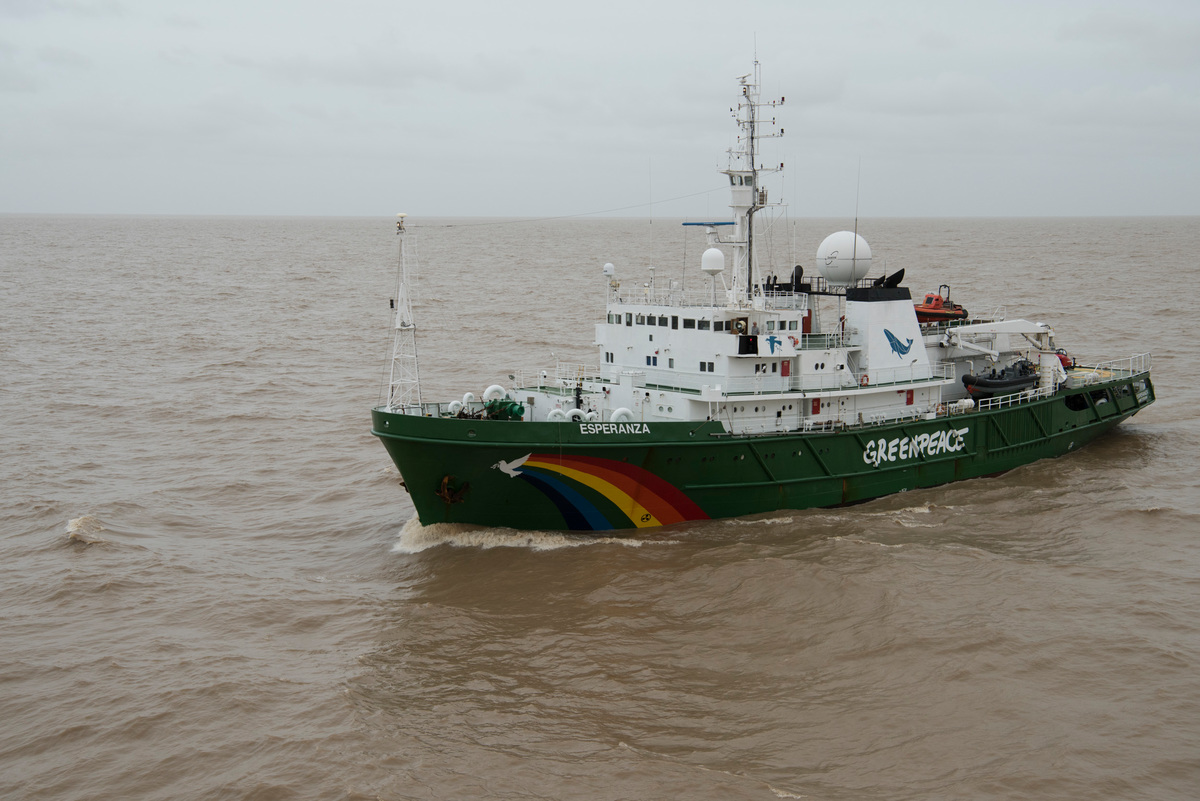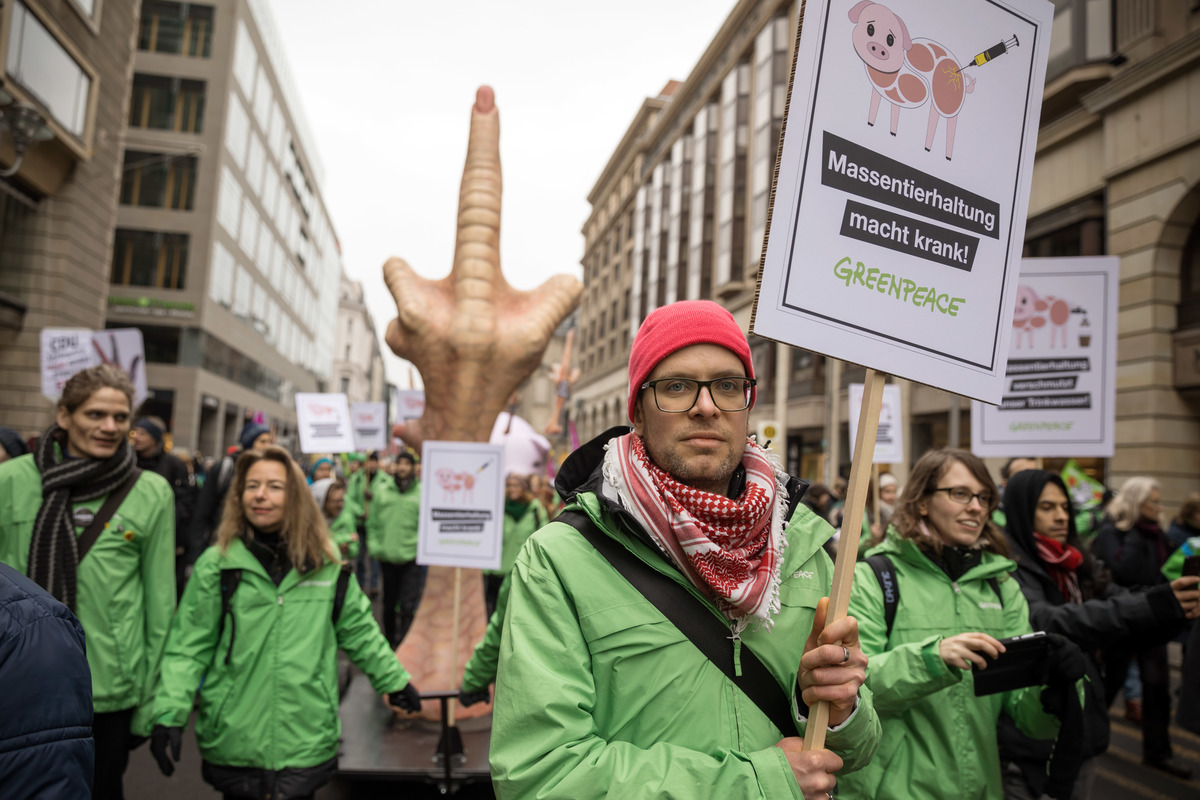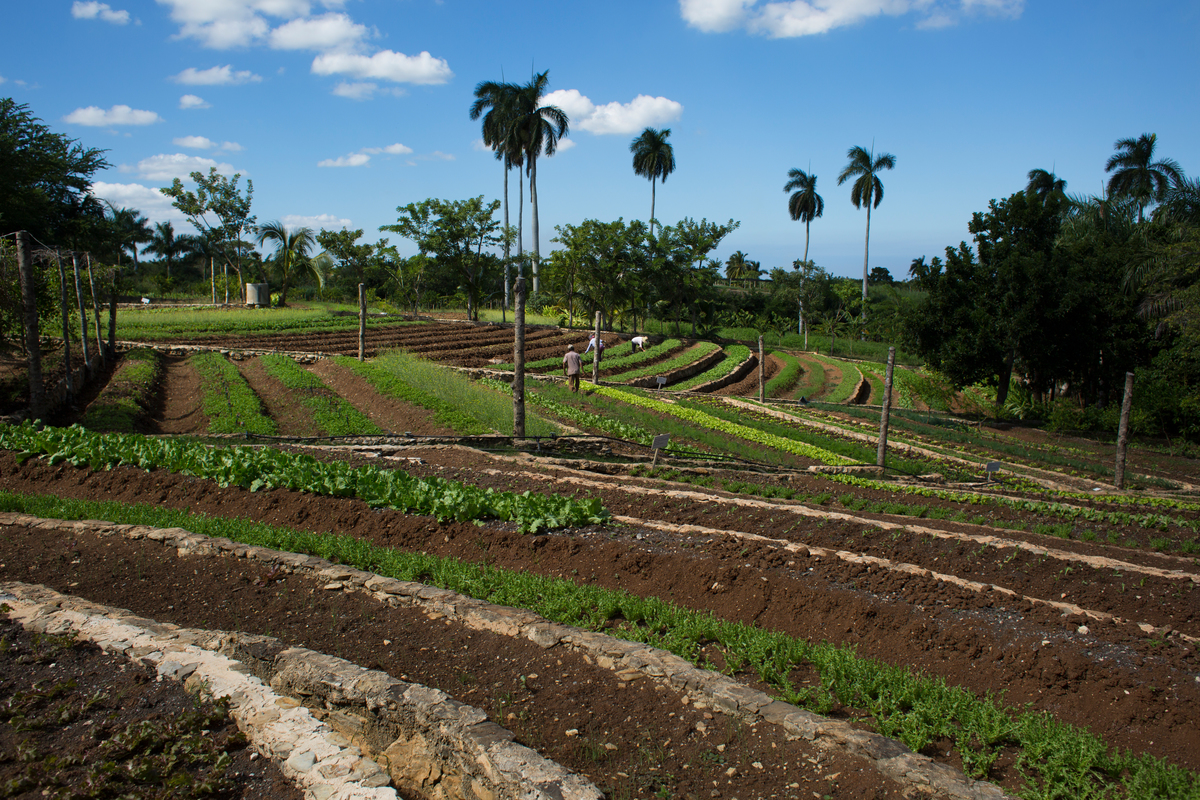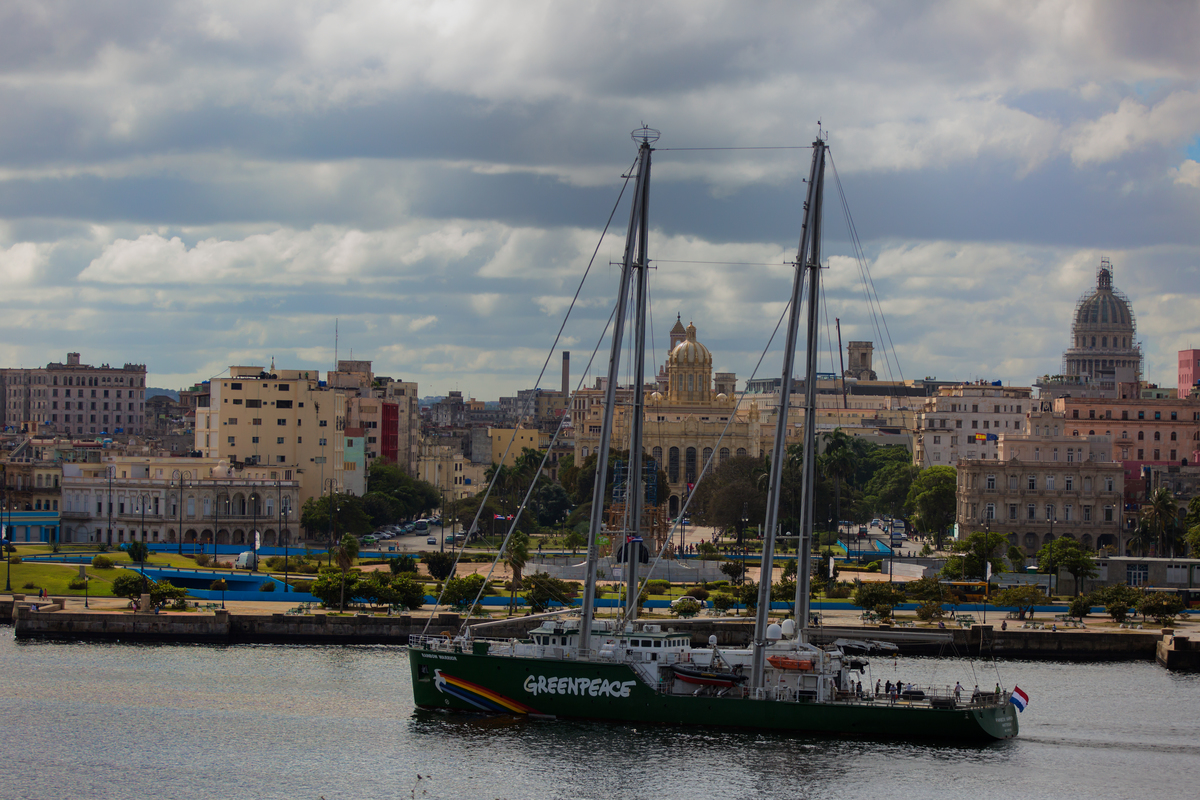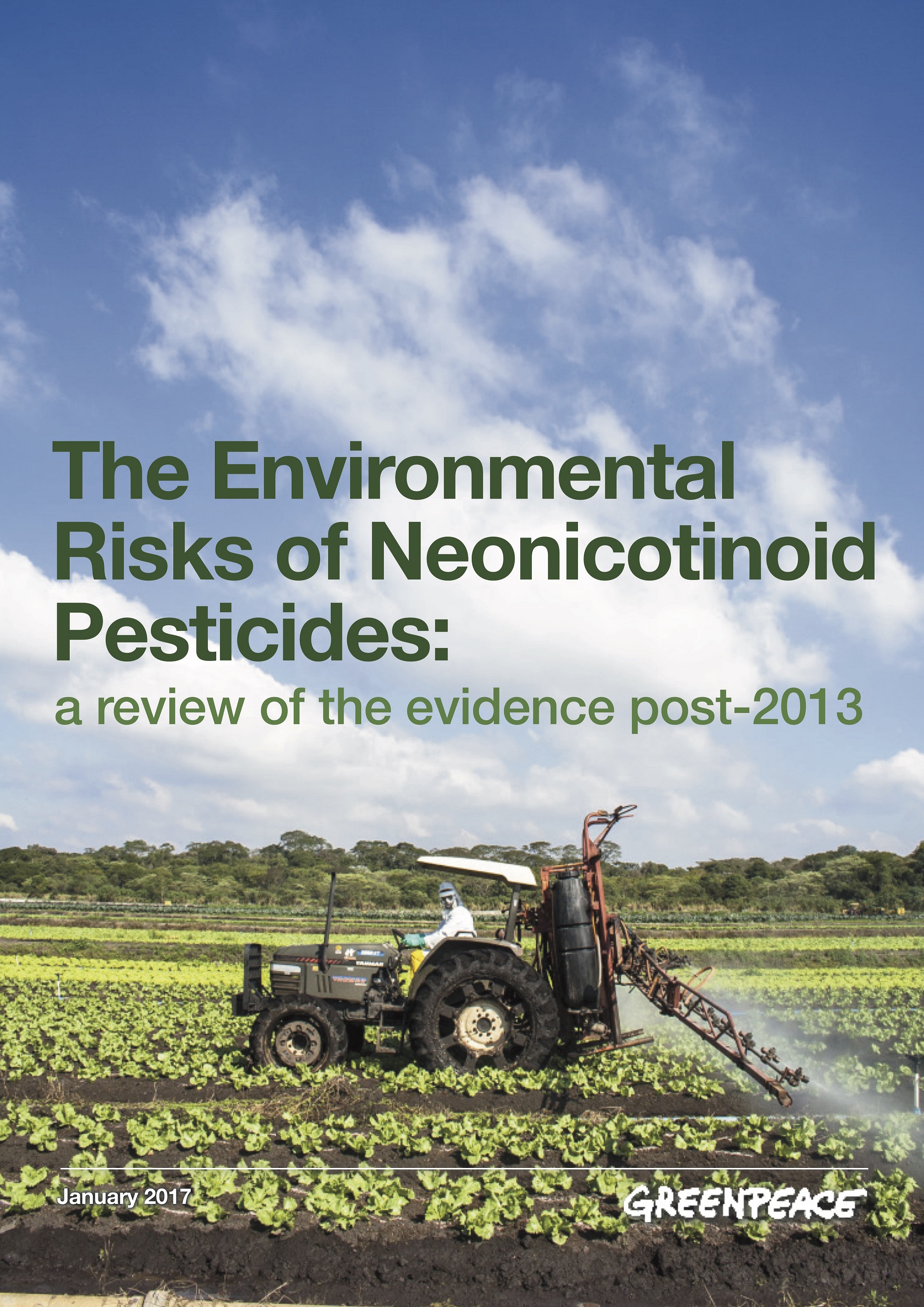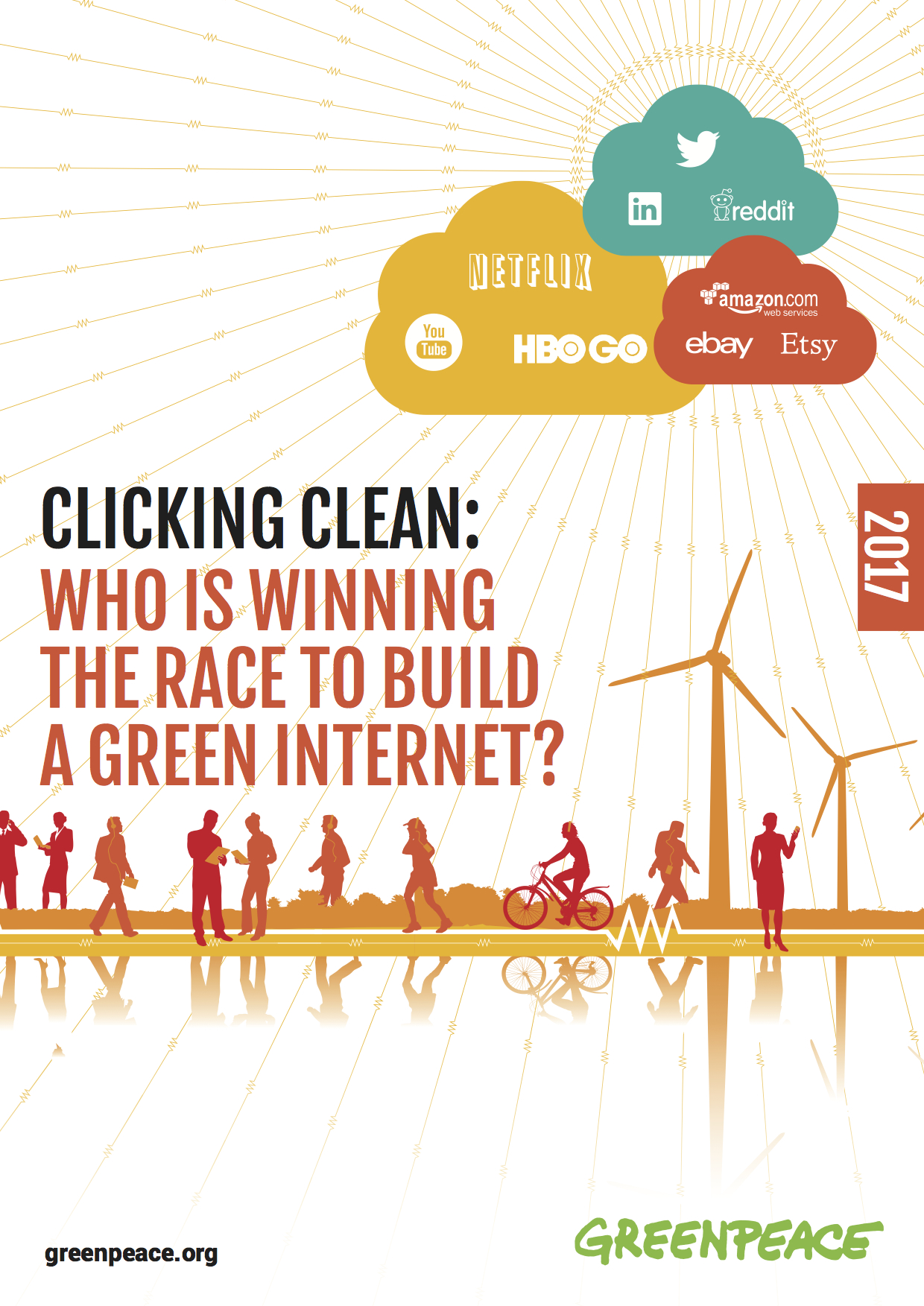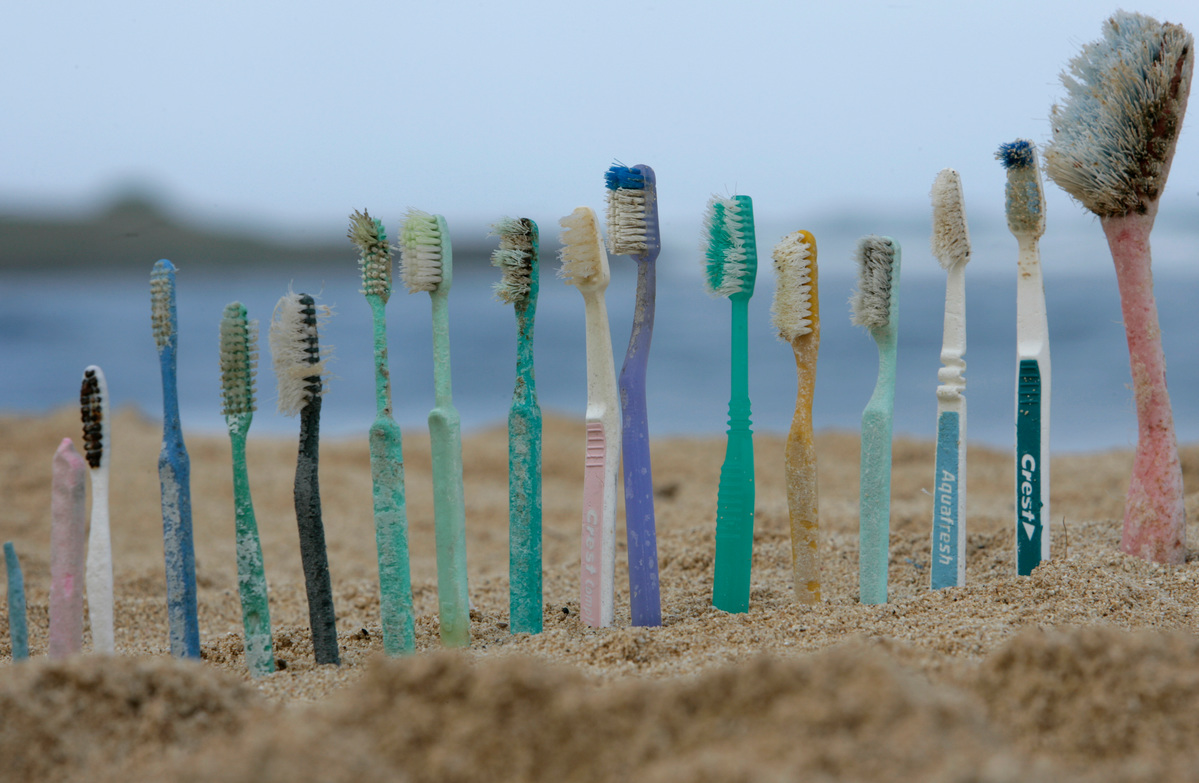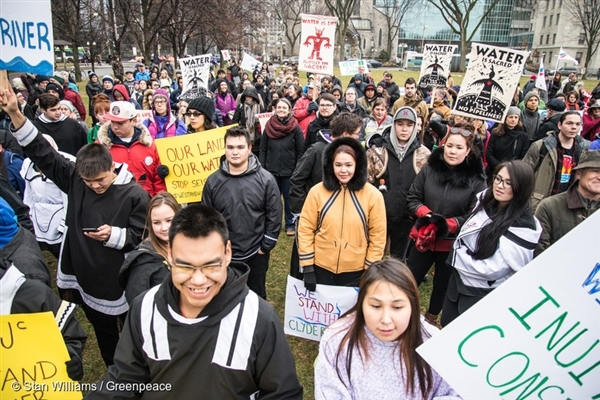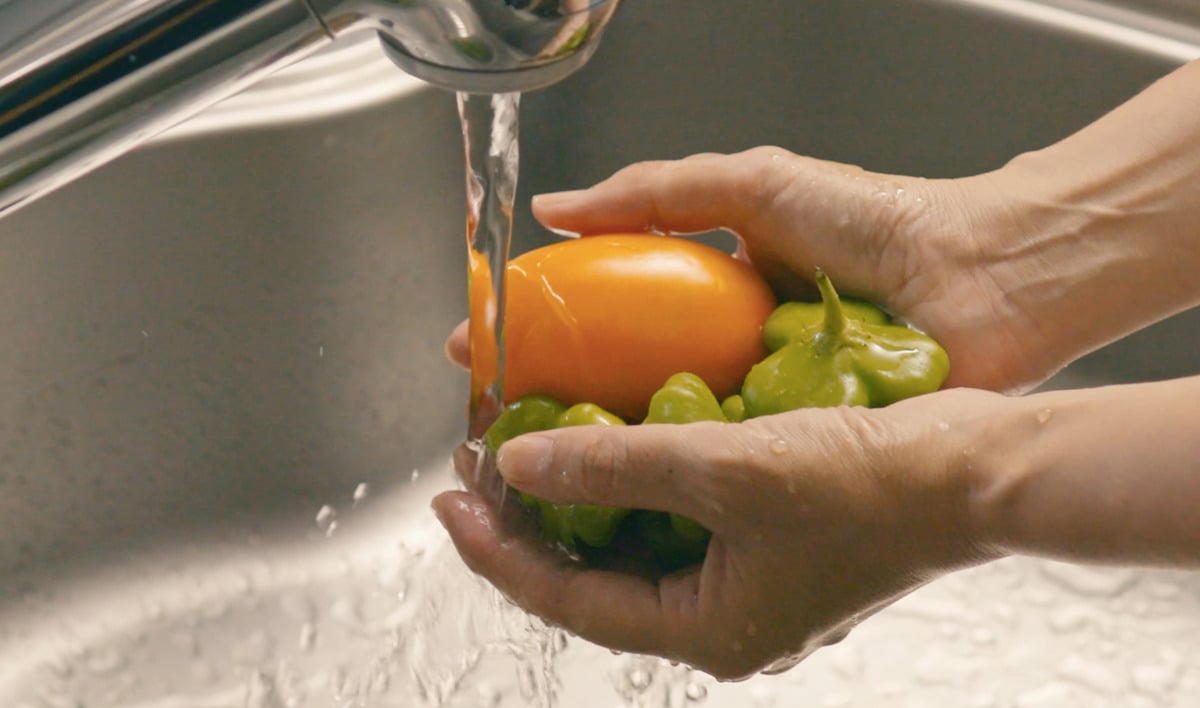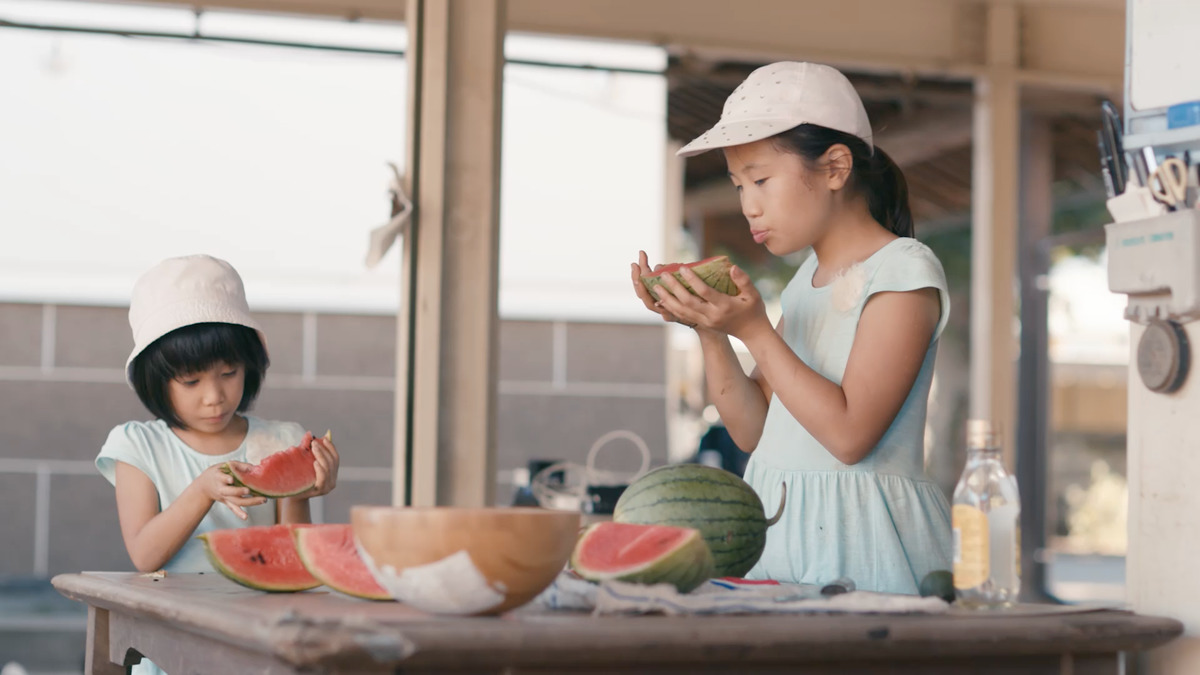-
The Amazon Reef: Brazil’s newly discovered and already threatened treasure
We’ve launched a new campaign to defend the Amazon Reef, a unique and largely unknown biome that may be soon threatened by oil exploration
-
Clicking Clean
The internet will likely be the largest single thing we build as a species. Tasked with creating and then catering to the world’s insatiable appetite for messages, photos, and streaming video, along with critical systems supporting our financial, transportation, and communication infrastructures, the internet serves as the central nervous system of the modern global economy.

